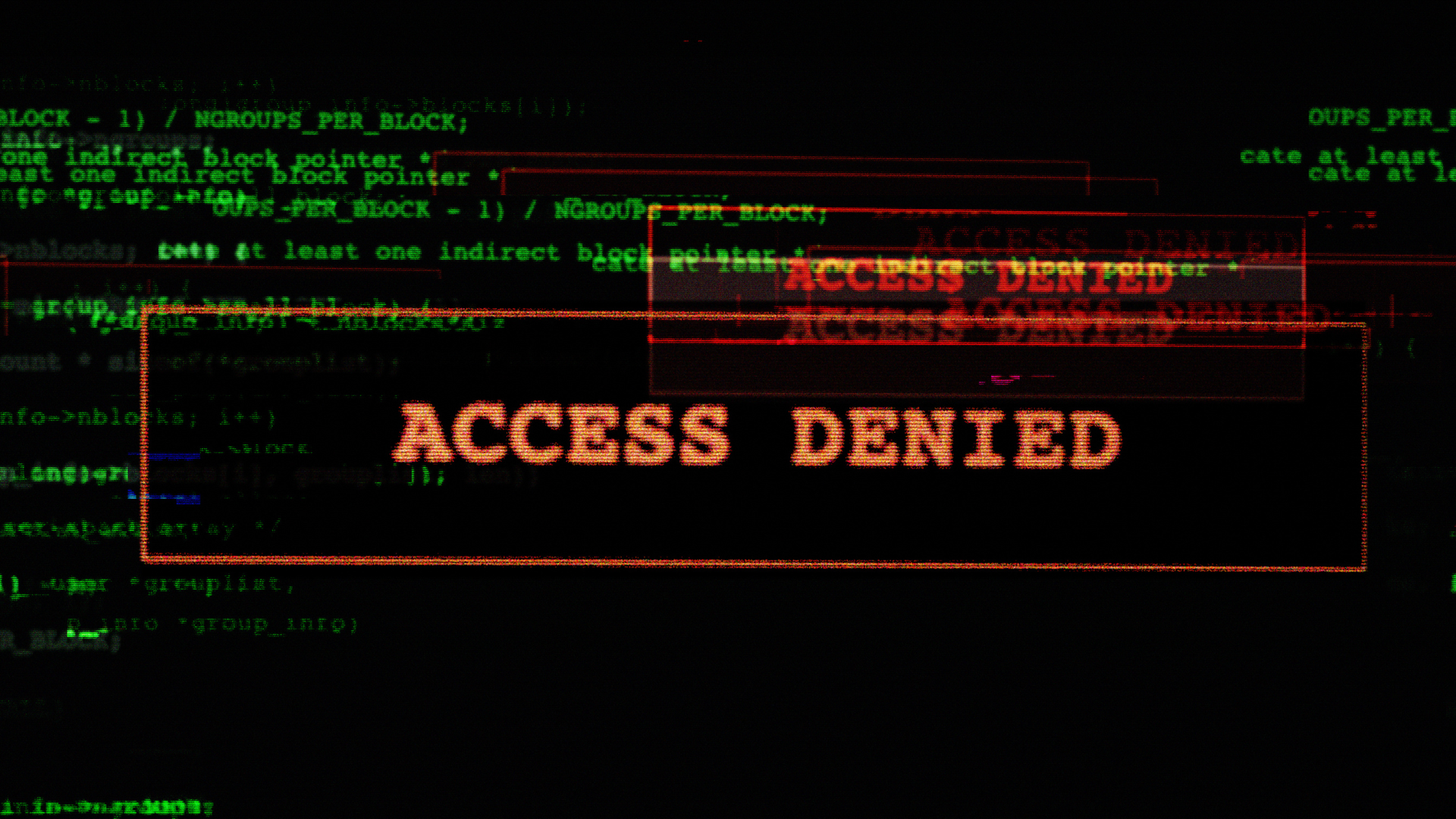Data Backup vs Business Continuity Plan Understanding the Key Differences
Data Backup vs Business Continuity Plan: Understanding the Key Differences

Defining Data Backup and Business Continuity: Recognizing the Foundations
In the realm of IT management, understanding the distinction between data backup and business continuity plans is essential. Data backup refers to the process of creating copies of your data to ensure it's available in the event of system failures, data corruption, or other disruptions. Data backups are typically stored in secure, often offsite, locations to provide retrievability in various unforeseen situations, including hardware failure, cyber-attacks, or natural disasters. Conversely, a Business Continuity Plan (BCP) is a more comprehensive strategy that outlines how a business will continue operating during an unplanned disruption. This includes not just data retrieval but also the maintenance of critical business functions, communication plans, and resource management. While data backup is a subset of business continuity, a BCP encompasses a broader range of activities designed to minimize downtime and ensure business-as-usual as much as possible. Recognizing these foundational definitions clarifies the different, yet complementary, roles each plays in keeping an organization resilient against a diversity of threats.
The Role of Data Backup in Business Resilience
Data backup is a critical element for safeguarding critical information against loss. The increasing reliance on digital data in today's business environment makes robust backup solutions indispensable. A well-designed data backup strategy ensures that an organization's data is regularly, and systematically copied to a secure location. This process enables retrieval in case of data loss incidents, whether from human error, system malfunctions, or malicious cyber activities. In developing an effective backup strategy, businesses should consider several factors including the frequency of backups, the critical nature of data, and the storage solutions—cloud-based, on-premise, or hybrid systems—that best suit their needs. By incorporating multiple layers of data storage and utilizing secure protocols, businesses can enhance their resilience and minimize data recovery time. Furthermore, regular testing of backup systems ensures their reliability and effectiveness when called upon. Data backup stands as the lifeline of business data integrity, providing a safety net against interruptions that could severely impact operations.
The Comprehensive Scope of a Business Continuity Plan
- Business Continuity Plans (BCPs) extend beyond data recovery to the holistic sustenance of business operations.
- A thorough BCP includes not only disaster recovery but also strategic planning for maintaining supply chains, communication channels, and essential services.
- BCPs involve identifying critical business functions, assessing risks, and implementing measures to mitigate the effects of various disaster scenarios.
- They require proactive strategies, such as alternate site operations and employee role reallocation, to ensure business processes can continue with minimal interruptions.
- The development of a BCP necessitates input from all organizational levels to address potential vulnerabilities comprehensively.
- Regular drills and updates to the BCP keep it relevant and ready for activation when unexpected disruptions occur.
Integrating Data Backup and Business Continuity for Comprehensive Risk Management
While data backup and business continuity plans serve distinct purposes, their integration is the key to effective risk management. Data backups ensure that critical information is preserved and easily retrievable, while a BCP ensures that all facets of business operations are accounted for in the event of a disruption. By aligning these strategies, businesses can create a comprehensive risk management framework that safeguards both data integrity and operational continuity. This integration requires collaboration between IT professionals and organizational leaders to ensure that backup systems support the broader continuity needs. Moreover, the testing and updating of both data backup and BCP strategies should be synchronized to address changing business environments and emerging threats. This combination not only enhances a business's ability to recover from crises swiftly but also assures stakeholders that their interests are protected through diligent planning and execution. Ultimately, the synergy between data backup and business continuity is the cornerstone of robust organizational resilience.
HCS Technical Services











